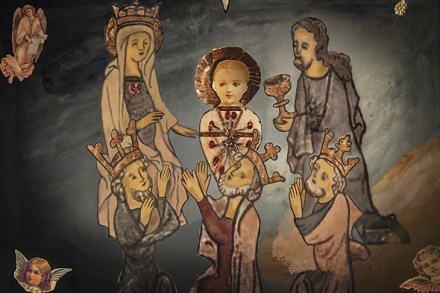The star dreamer
More features‘Wake up, boy! Wake up…’ My father was shaking me and I was confused because it seemed that I had only just gone to sleep. ‘Get dressed. Hurry.’ The lamps were not lit and the house was silent. Outside, the night sky glittered with stars and silken moonlight shone across the sand. My father was






























